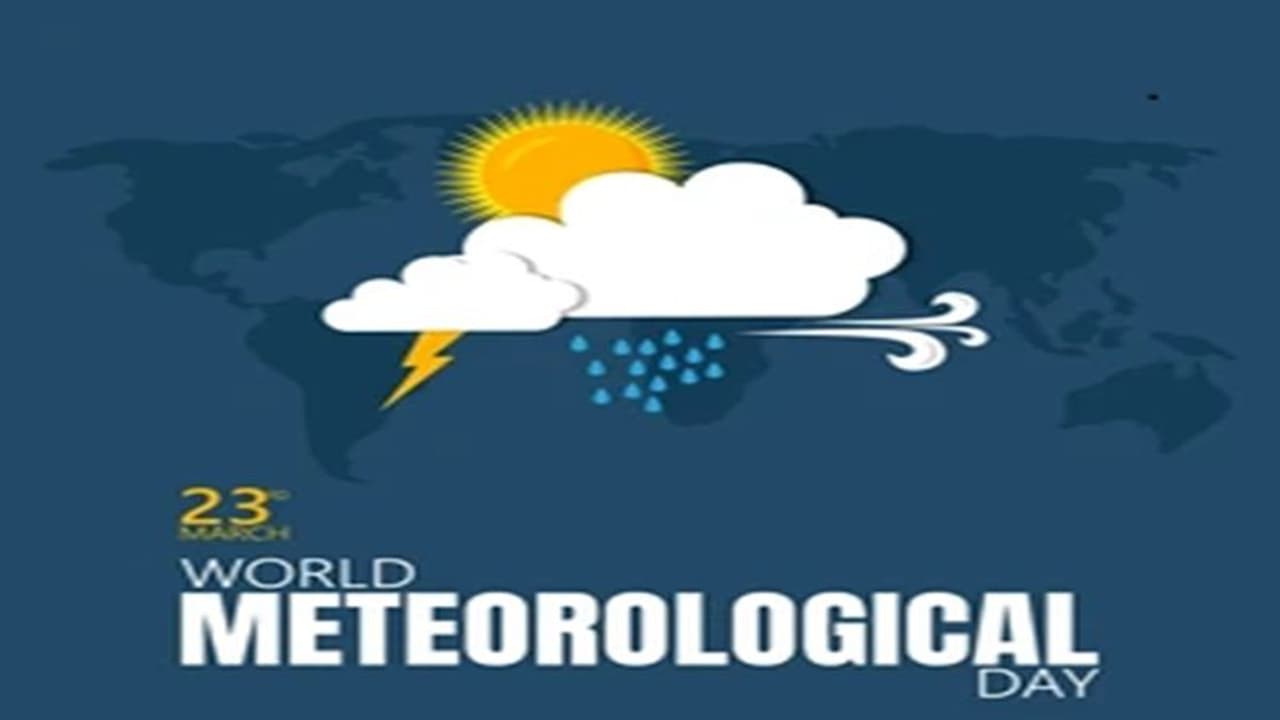World Meteorological Day is observed annually on March 23 to mark the formal founding of the World Meteorological Organization (WMO) in 1950.
The World Meteorological Organization (WMO) officially came into existence in 1950, and the occasion is commemorated annually on March 23. The National Meteorological and Hydrological Services (NMHS) is acknowledged on this day for their vital role in maintaining public safety and welfare.
The WMO, its member nations, and other organizations worldwide host a variety of events and activities on this day to increase public awareness of the value of meteorology and weather forecasting in our daily lives.
History:
The International Meteorological Organization was the precursor of the World Meteorological Organization (WMO), the premier UN agency for issues pertaining to climate, weather, and water. In 1873, during the Vienna International Meteorological Congress, the idea for the IMO was put forth.
On March 23, 1961, the World Meteorological Organization (WMO), a United Nations institution, proclaimed World Meteorological Day. The World Meteorological Organization Convention, approved on March 23, 1950, after being signed on October 11, 1947, gave rise to the World Meteorological Organization on March 23, 1950.
As the first global organization to enable the sharing of meteorological data among countries, the WMO took over from the International Meteorological Organization in 1951.
Theme:
Thus, "At the Frontline of Climate Action" is the theme for World Meteorological Day in 2024. There is no denying that climate change poses a serious threat to our entire civilization. If we do nothing now, the results will be disastrous, as is already apparent.
Significance:
The reason that World Meteorological Day is important is that it brings attention to how vital the National Meteorological and Hydrological Services (NMHS) are to maintaining public safety and welfare. The significance of weather, climate, and water-related issues and their bearing on our day-to-day existence are also emphasized.
The goal of the day is to draw attention to the advancements in hydrology and meteorology that the World Meteorological Organization (WMO) and its member nations have accomplished for the good of humanity. Along with fostering international collaboration in these areas, the day offers a chance to inform the general public about the scientific and technical facets of hydrology and meteorology.
